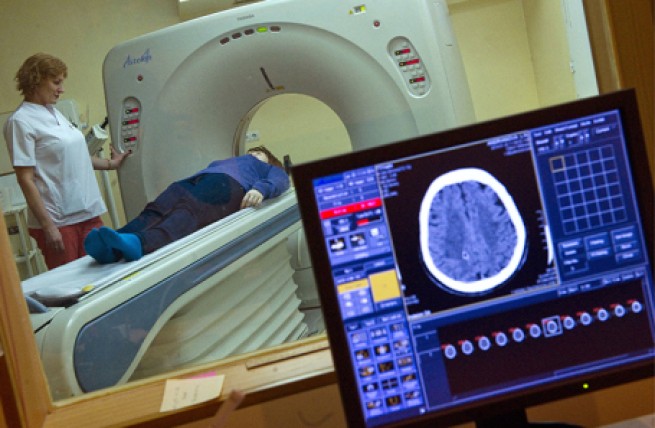Annual statistics on cancer incidence and mortality are published every year, giving an accurate picture of the evolution of the disease.
These data are particularly useful for understanding the effectiveness of preventive and therapeutic measures that have been taken by the global community to address this problem.
As the doctors of the Alexandra Clinic (Nοσοκομείο Αλεξάνδρα) Theodora Psaltopoulou (pathologist, professor of the Department of Therapeutic-Epidemiology-Preventive Medicine), Michalis Liontos (associate professor of the Department of Oncology) and Thanos Dimopoulos (former rector of the VKPA, professor of the Department of Therapy) – Oncology – Hematology, director of the Therapy Clinic emphasize: “We know that a significant percentage of cancer cases are due to modifiable risk factors. So these cancer cases and related deaths are potentially preventable“.
Such factors, as is known, include smoking, obesity, lack of exercise, dietary habits, infections, and, especially in skin cancers, exposure to ultraviolet radiation from the sunPeriodically recording the percentage of cancer cases attributable to such factors can help to understand the effectiveness of specific measures that have already been implemented (eg, smoking cessation campaigns).
In 2018, a study was published that found 42% of cancer cases in the US in 2014 and 45% of cancer deaths were associated with modifiable risk factors.
![]()
Updated data have recently been published that take into account epidemiological data on 30 types of cancer in adults over 30 years of age. The new paper used data on the relative risks of developing cancer due to major modifiable factors from large studies conducted in the United States.
Based on statistics, 40% of new cancer diagnoses are associated with modifiable risk factors and are also responsible for 44% of deaths from this disease. These percentages are somewhat lower, which indicates that introducing a healthier lifestyle among the populationwhich is also reflected in annual statistics of oncological diseases.
Smoking remains the main risk factorassociated with 20% of cancer diagnoses and 30% of cancer deaths, with the primary diagnosis being lung cancer. He is followed by obesityassociated with 7.5% of cases, alcohol consumption (5.4% of cases), decreased fruit/vegetable consumption and increased processed meat consumption (4.2% of cases), and lack of physical activity (3% of cancer cases).
All the above data provide valuable information about the possibility of further reducing cancer incidence and mortalityexperts from the Greek National Academy of Sciences believe. They add that strengthening policies aimed at reducing smoking, combating obesity and promoting healthy eating is expected to further will help prevent cancer in a significant portion of the population in the future.







More Stories
Severe Back Pain: When to See a Doctor, What You Need to Know
Expert Opinion: Very Popular Diet Raises Diabetes Risk
Artificial intelligence system capable of diagnosing over 1000 diseases at an early stage